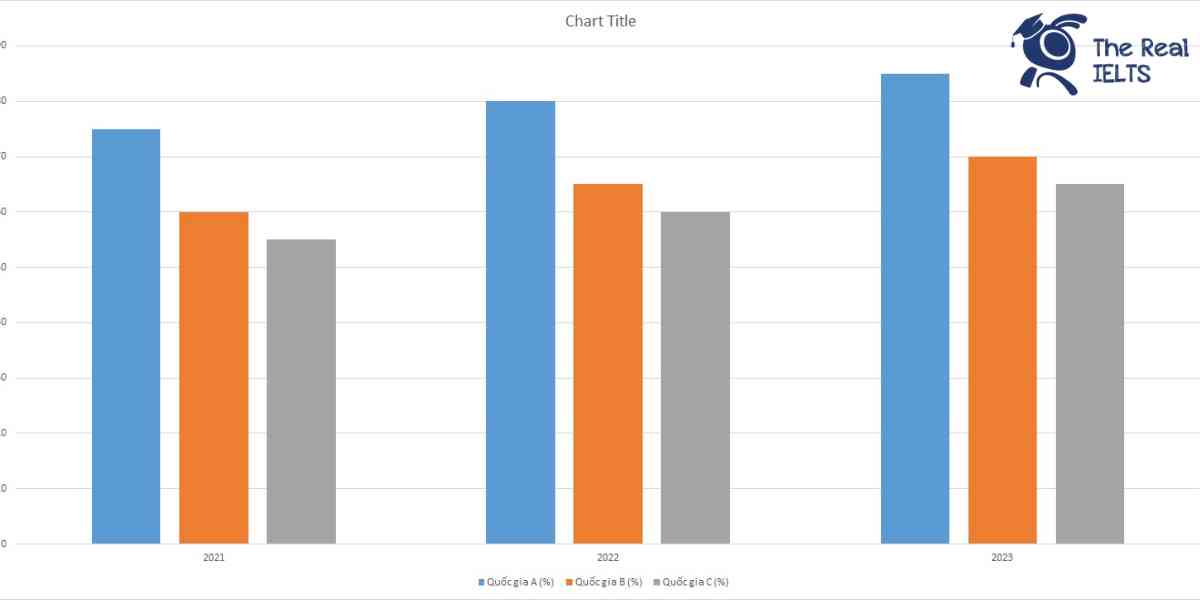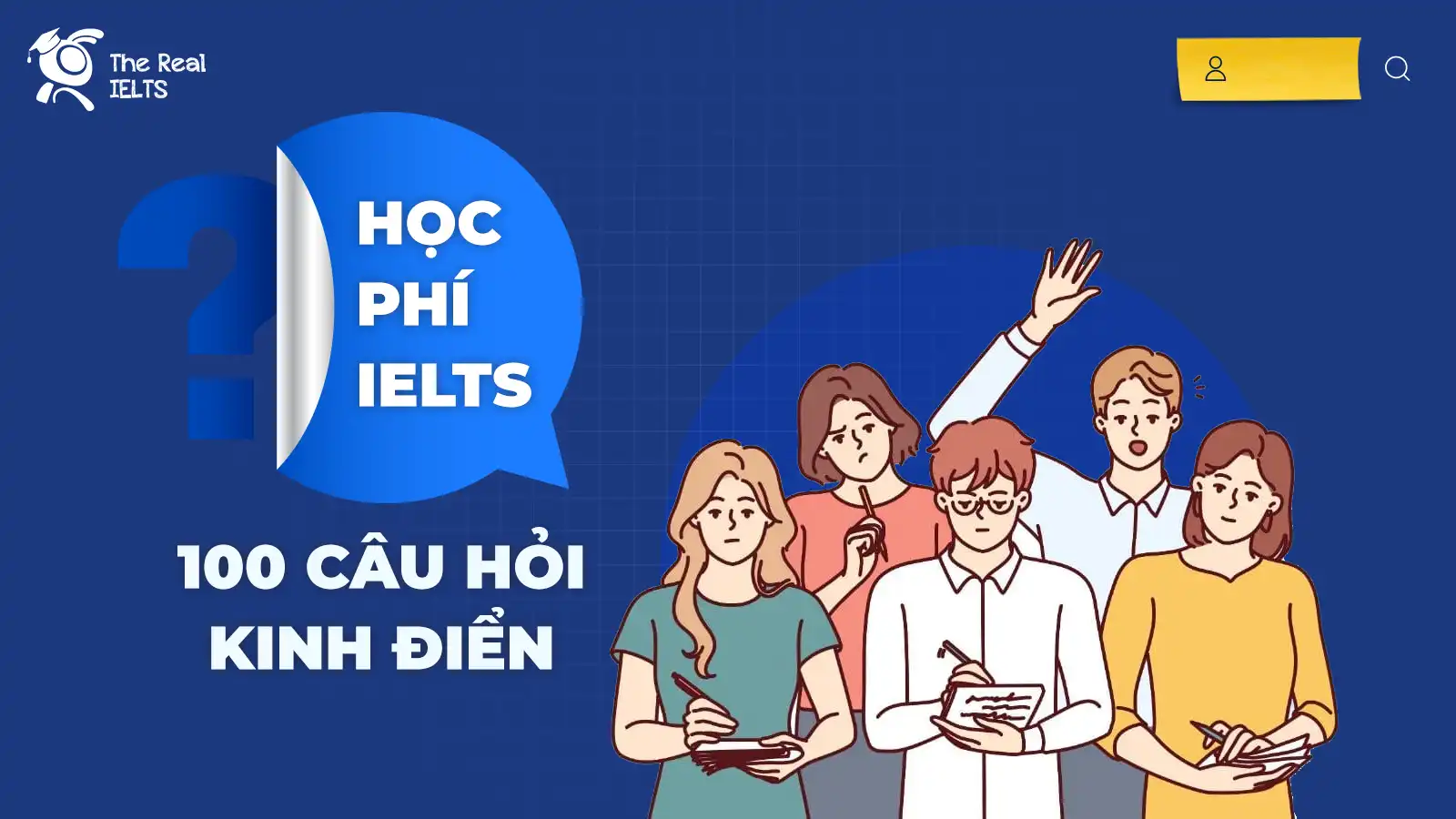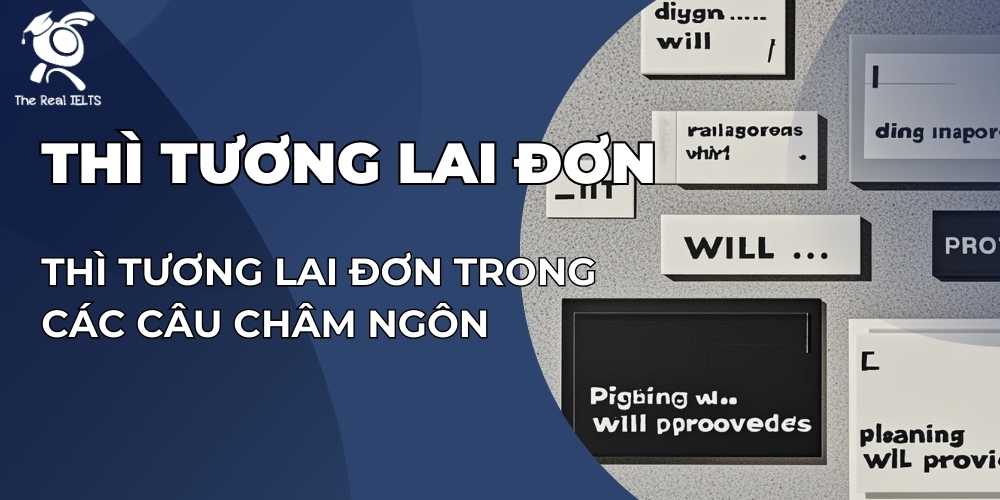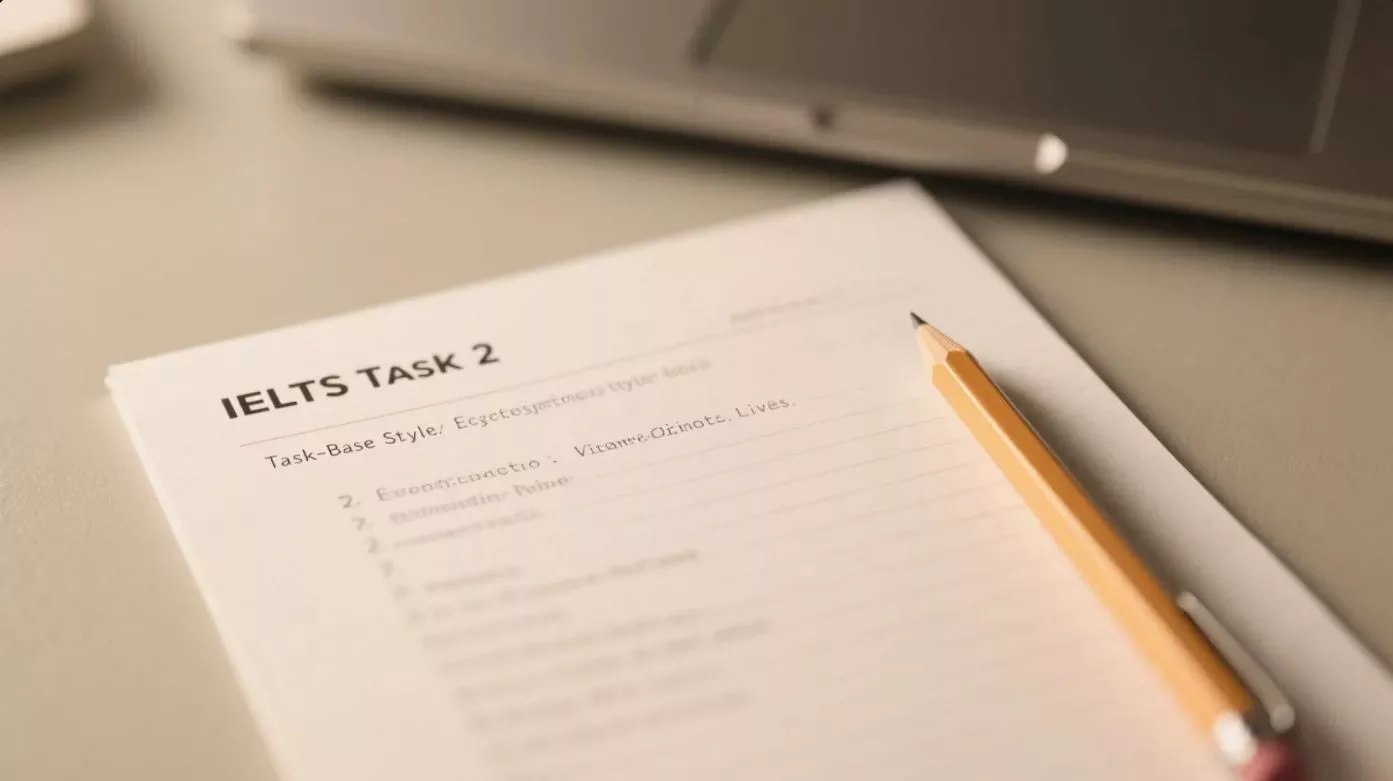IELTS Reading 81: The role of music in life là chủ đề thuộc chuỗi bài luyện tập 11 dạng bài IELTS Reading và các bài tập luyện tập.
Học lại bài cũ: IELTS Reading 80: Security Issues in Tourism.
IELTS Reading: The Role of Music in Life
Music has long held a significant place in human history and culture, transcending boundaries of language, geography, and time. Its impact on human life is profound, with influences extending from emotional well-being to social bonding and even cognitive development. Scholars and psychologists have studied music’s effects and discovered its ability to shape moods, reinforce memories, and promote mental health. This passage delves into the multifaceted role music plays in our lives and its implications for various aspects of human existence.
From ancient times, music has served as a means of communication and expression. Primitive societies used rhythm and melody to tell stories, celebrate, and even mourn. These functions remain in modern cultures, where people use music to convey emotions that words may not express fully. Research suggests that music can evoke a wide range of feelings, from joy and excitement to sadness and nostalgia. This emotional connection makes music a powerful tool for self-expression and mental release, which many people seek during times of stress or emotional turmoil.
Beyond personal emotional effects, music also fosters social connections. Group singing, for example, has been shown to strengthen bonds among participants by creating a sense of unity and shared purpose. Choirs, musical groups, and community singing events offer individuals an opportunity to connect with others who share similar interests. Scientists note that group music-making can lead to the release of oxytocin, often known as the “bonding hormone,” which strengthens social ties and contributes to a sense of belonging.
Music’s impact goes beyond emotions and social life; it also influences brain function and development. Studies in neuroscience have found that musical training can enhance cognitive abilities, particularly in children. Learning to play an instrument, for instance, has been shown to improve skills such as memory, attention, and even language abilities. Additionally, listening to music can stimulate various regions of the brain involved in concentration, which can enhance productivity and focus in both children and adults. Thus, incorporating music into educational settings or everyday routines can support cognitive development and mental acuity.
Moreover, music therapy has emerged as a promising field that utilizes music’s power to promote healing and well-being. Therapists often use music to treat patients with conditions like depression, anxiety, and chronic pain. The soothing qualities of certain melodies can alleviate symptoms of mental distress, offering comfort and relaxation. Some hospitals and clinics incorporate music therapy as part of a holistic approach to patient care, recognizing its potential to improve physical and emotional health.
In conclusion, music’s role in life is diverse and far-reaching. It has the power to evoke deep emotions, connect people socially, enhance cognitive abilities, and even contribute to physical and mental health. As we continue to understand more about music’s influence on the brain and human behavior, its significance in our lives becomes increasingly evident. From personal enjoyment to therapeutic applications, music remains a vital component of human life and well-being.
Questions
Multiple Choice
- What is one of the primary purposes of music in early human societies?
- A. To express artistic creativity
- B. To communicate and tell stories
- C. To teach cognitive skills
- D. To reduce stress
- Which hormone is released through group music-making activities?
- A. Serotonin
- B. Dopamine
- C. Oxytocin
- D. Cortisol
True/False/Not Given
- Music has the power to make people feel a wide variety of emotions, from happiness to sadness.
- Hospitals and clinics only use music therapy to treat patients with anxiety.
- Children who learn to play an instrument tend to develop improved memory and attention skills.
Yes/No/Not Given
- Music is mainly important for individual well-being, not for social connection.
- Neuroscience has established that listening to music has no impact on a person’s cognitive abilities.
- Music therapy is only used to treat physical health conditions.
Matching Information
- Match the following effects of music with the paragraph that discusses them:
- i. Music as a therapeutic tool
- ii. Music in social bonding
- iii. Music’s role in cognitive development
Matching Headings
- Choose the correct heading for each paragraph:
- Paragraph A: ____
- Paragraph B: ____
- Paragraph C: ____
- Paragraph D: ____
Headings:
- i. The emotional power of music
- ii. Music therapy and health
- iii. Music and social connections
- iv. Cognitive benefits of musical training
Matching Sentence Endings
- Match the beginnings of the sentences with their correct endings:
- i. Ancient societies used music…
- ii. Group music activities often lead to…
- iii. Playing a musical instrument can improve…
Endings:
- a. …enhanced memory and attention skills.
- b. …a release of oxytocin.
- c. …to communicate stories and emotions.
Sentence Completion
- Music can evoke a wide range of ________ that words may not fully express.
- Group singing has been shown to strengthen ________ among participants by creating a shared purpose.
Summary Completion
- Fill in the blanks with words from the text: “Music therapy has proven useful in treating various mental health conditions, such as ________ and ________, providing comfort and relaxation through its soothing qualities.”
- “Scientific studies indicate that learning to play an instrument can improve ________ abilities in children, such as memory and language.”
Diagram Label Completion
- Label the diagram showing the brain regions activated by music with information from the text:
- i. Memory
- ii. Concentration
- iii. Emotion processing
Short Answer Questions
- What is one benefit of music therapy for patients with chronic pain?
- Which hormone is associated with bonding and social connections during group music-making?
- Name one cognitive skill that musical training can enhance.
Table/Flowchart/Note Completion
- Complete the table below with information from the passage:
| Aspect of Music | Effect or Benefit |
|---|---|
| Emotional Expression | _______________________________ |
| Social Bonding | _______________________________ |
| Cognitive Development | _______________________________ |
| Therapeutic Application | _______________________________ |
Đáp án
Multiple Choice
- B (To communicate and tell stories)
- C (Oxytocin)
True/False/Not Given
- True (Music can evoke a wide range of feelings, from joy and excitement to sadness and nostalgia.)
- False (Music therapy is used to treat various mental health conditions, not just anxiety.)
- True (Learning to play an instrument has been shown to improve skills such as memory and attention.)
Yes/No/Not Given
- No (Music also fosters social connections beyond individual well-being.)
- No (Neuroscience studies suggest that listening to music can enhance cognitive abilities.)
- Not Given (The text does not specify that music therapy is used exclusively for physical health conditions.)
Matching Information
- i. Music as a therapeutic tool – Paragraph D
- ii. Music in social bonding – Paragraph B
- iii. Music’s role in cognitive development – Paragraph C
Matching Headings
- Paragraph A: i. The emotional power of music
- Paragraph B: iii. Music and social connections
- Paragraph C: iv. Cognitive benefits of musical training
- Paragraph D: ii. Music therapy and health
Matching Sentence Endings
- i. Ancient societies used music… c. to communicate stories and emotions.
- ii. Group music activities often lead to… b. a release of oxytocin.
- iii. Playing a musical instrument can improve… a. enhanced memory and attention skills.
Sentence Completion
- Music can evoke a wide range of emotions that words may not fully express.
- Group singing has been shown to strengthen bonds among participants by creating a shared purpose.
Summary Completion
- “Music therapy has proven useful in treating various mental health conditions, such as depression and anxiety, providing comfort and relaxation through its soothing qualities.”
- “Scientific studies indicate that learning to play an instrument can improve cognitive abilities in children, such as memory and language.”
Diagram Label Completion
- Memory
- Concentration
- Emotion processing
Short Answer Questions
- It provides comfort and relaxation for patients.
- Oxytocin
- Memory
Table/Flowchart/Note Completion
| Aspect of Music | Effect or Benefit |
|---|---|
| Emotional Expression | Evokes a range of emotions |
| Social Bonding | Strengthens bonds through oxytocin |
| Cognitive Development | Enhances memory and attention |
| Therapeutic Application | Treats mental health conditions |















